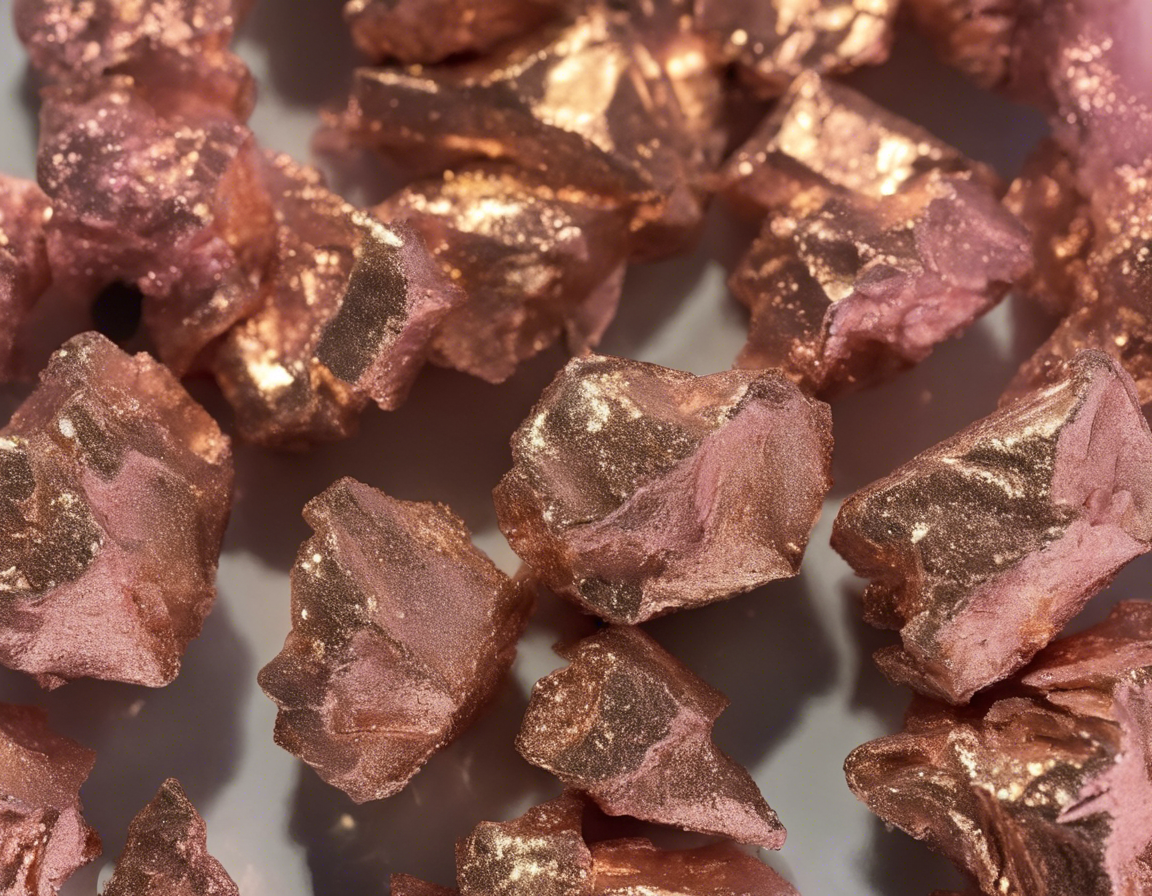
Liver Kharab Hone Ke Lakshan: Jaaniye In Symptoms Ko Ignore Na Karein
The liver is one of the most vital organs in the human body, responsible for numerous essential functions such as detoxification, protein synthesis, and nutrient storage. However, the liver is also susceptible to damage from various factors like alcohol consumption, poor diet, infections, and certain medications. It is crucial to be aware of the symptoms of liver damage so that timely intervention can prevent further complications. Ignoring these signs can lead to serious health issues down the line. Here are some common symptoms that may indicate a liver problem:
Early Symptoms of Liver Damage:
1. Fatigue: Feeling constantly tired and lacking energy.
2. Abdominal Pain and Swelling: Discomfort or swelling in the abdominal area.
3. Nausea and Vomiting: Persistent feelings of nausea and vomiting.
4. Loss of Appetite: A reduction in appetite and weight loss.
5. Jaundice: Yellowing of the skin and eyes due to high levels of bilirubin.
Advanced Symptoms of Liver Damage:
1. Dark Urine: Urine that is dark yellow or brown in color.
2. Pale Stools: Light-colored or gray stools.
3. Swelling in the Legs and Ankles: Edema or fluid retention in the lower extremities.
4. Itchy Skin: Pruritus or persistent itching of the skin.
5. Bruising Easily: Liver dysfunction can impact blood clotting, leading to easy bruising.
Cognitive and Emotional Symptoms of Liver Damage:
1. Confusion: Mental confusion, difficulty concentrating, or memory problems.
2. Mood Swings: Sudden changes in mood or behavior.
3. Depression: Feeling persistently sad or hopeless.
4. Anxiety: Experiencing excessive worry or unease.
5. Difficulty Sleeping: Insomnia or disrupted sleep patterns.
Other Signs of Liver Damage:
1. Fever: Persistent low-grade fever.
2. Changes in Vision: Blurry vision or sensitivity to light.
3. Spider Veins: Small clusters of blood vessels visible under the skin.
4. Gallstones: Formation of gallstones due to liver dysfunction.
5. Weakness: General weakness and lack of stamina.
It is essential to note that these symptoms can vary in intensity and may not always be present in every individual with liver damage. If you experience any of these signs, it is crucial to consult a healthcare professional for proper diagnosis and treatment. Ignoring these symptoms can lead to serious complications, including liver failure.
Causes of Liver Damage:
Liver damage can be caused by a variety of factors, including:
– Alcohol Abuse: Excessive alcohol consumption can lead to alcoholic liver disease.
– Viral Infections: Hepatitis viruses (such as hepatitis B and hepatitis C) can cause inflammation of the liver.
– Obesity: Non-alcoholic fatty liver disease (NAFLD) is common in individuals who are overweight or obese.
– Medications: Certain medications, such as acetaminophen, can cause liver damage if taken in high doses.
– Autoimmune Conditions: Autoimmune diseases like autoimmune hepatitis can result in liver inflammation.
– Toxins: Exposure to environmental toxins or heavy metals can harm the liver.
– Genetic Factors: Genetic conditions like hemochromatosis can lead to liver damage.
Preventing Liver Damage:
Prevention is always better than cure when it comes to maintaining liver health. Here are some tips to help prevent liver damage:
– Limit Alcohol: Drink alcohol in moderation or avoid it altogether.
– Healthy Diet: Consume a balanced diet rich in fruits, vegetables, whole grains, and lean proteins.
– Exercise Regularly: Stay physically active to maintain a healthy weight and reduce the risk of fatty liver disease.
– Avoid Toxins: Be cautious of exposure to toxins in your environment and workplace.
– Vaccination: Get vaccinated against hepatitis viruses to protect your liver.
– Limit Medications: Take medications only as prescribed and avoid self-medication.
– Regular Check-ups: Visit your healthcare provider for routine check-ups and liver function tests.
Frequently Asked Questions (FAQs) about Liver Damage:
1. What are the early signs of liver damage?
Answer: Early signs of liver damage may include fatigue, abdominal pain, nausea, loss of appetite, and jaundice.
2. Can liver damage be reversed?
Answer: In the early stages, liver damage can sometimes be reversed with lifestyle changes and medical treatment.
3. Is liver damage painful?
Answer: Liver damage may cause abdominal pain and discomfort, but not all individuals with liver damage experience pain.
4. How is liver damage diagnosed?
Answer: Liver damage is diagnosed through blood tests, imaging studies (such as ultrasound or MRI), and sometimes liver biopsy.
5. What foods are good for liver health?
Answer: Foods that are good for liver health include fruits, vegetables, whole grains, lean proteins, and foods high in antioxidants.
6. Is jaundice always a sign of liver damage?
Answer: Jaundice can be a sign of liver damage, but it can also be caused by other health conditions. It is essential to consult a healthcare provider for a proper diagnosis.
7. What are the effects of long-term liver damage?
Answer: Long-term liver damage can lead to conditions such as cirrhosis, liver cancer, or liver failure if left untreated.
8. Can liver damage cause skin problems?
Answer: Yes, liver damage can cause skin problems such as itching, jaundice, spider veins, and bruising.
9. Are there natural remedies for liver damage?
Answer: Some natural remedies such as milk thistle, dandelion root, and turmeric may have benefits for liver health, but it is essential to consult a healthcare provider before using them.
10. How can hepatitis be prevented?
Answer: Hepatitis can be prevented through vaccination, practicing safe sex, avoiding sharing needles, and following proper hygiene practices.
Being aware of the symptoms of liver damage and taking proactive steps to maintain liver health can significantly reduce the risk of serious complications. If you experience any signs of liver damage, do not hesitate to seek medical advice promptly. Remember, a healthy liver is crucial for overall well-being and longevity.





